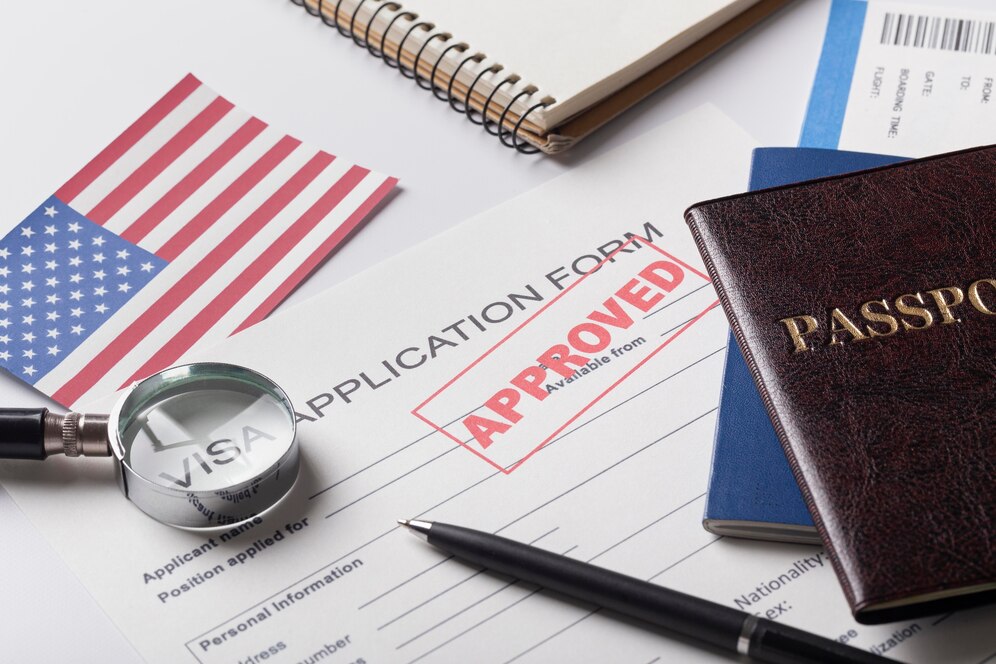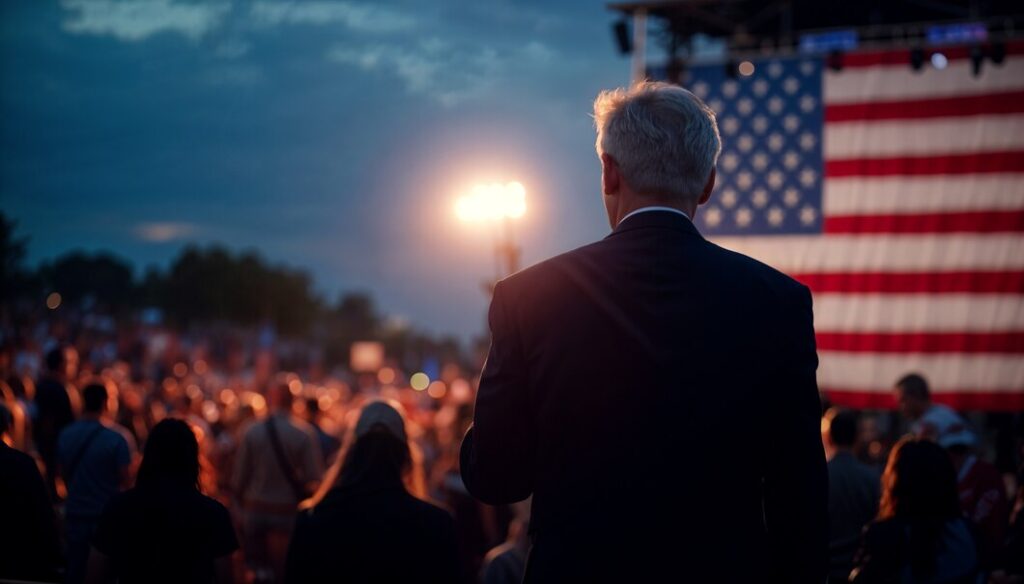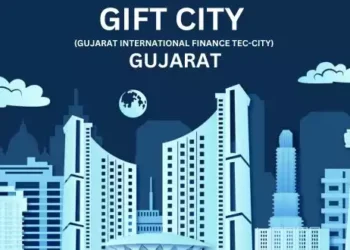The H-1B visa program has long been a focal point of debate in the United States, with discussions oscillating between its contribution to the economy and its impact on domestic employment. Recently, U.S. President Donald Trump added to the dialogue, expressing support for the H-1B visa system, stating it allows “the best people” into the country. Trump’s comments come as the U.S. continues to grapple with workforce shortages, especially in industries like technology and healthcare that heavily rely on skilled foreign workers.
In this article, we delve into Trump’s stance, the broader implications of his comments, and how the H-1B program remains a critical pillar for skilled professionals, particularly those from India.
Trump’s Position on the H-1B Visa
During a recent interaction, Trump acknowledged the value of the H-1B visa program, emphasizing its role in attracting top-tier global talent to the United States. He remarked, “The system lets the best people in,” reflecting an acknowledgment of the critical contributions skilled immigrants make to the American economy.
However, Trump also noted his appreciation for “both sides of the argument,” referring to the tension between the need for foreign talent and concerns over protecting domestic jobs. This balanced perspective is significant, given Trump’s history with immigration reforms during his presidency. While his administration introduced stringent measures affecting visa policies, his recent comments suggest a recognition of the H-1B program’s value.
The Role of H-1B in the U.S. Workforce
a. Meeting the Demand for Skilled Professionals
The H-1B visa program is designed to fill gaps in the U.S. labor market by allowing companies to hire foreign professionals in specialized fields. These fields often include information technology, engineering, healthcare, and academia. According to a 2023 report by the U.S. Department of Labor, nearly 70% of H-1B visa holders work in the technology sector, which continues to face a critical talent shortage.
b. India’s Dominance in the H-1B Program
India remains the largest source of H-1B visa applicants, with over 70% of visas issued in recent years going to Indian nationals. The program has been instrumental in creating pathways for Indian professionals to contribute to leading U.S. firms, including tech giants like Google, Microsoft, and Meta.
c. Economic Contributions of H-1B Workers
H-1B visa holders significantly impact the U.S. economy. According to the National Foundation for American Policy (NFAP), skilled immigrants have founded more than half of the unicorn startups in the U.S. Additionally, foreign professionals contribute billions of dollars in taxes annually, strengthening the social security system.

Trump’s Immigration Legacy
Trump’s recent comments mark an evolution from the more restrictive policies his administration implemented. Key measures during his presidency included:
- Increased Scrutiny on H-1B Applications:
Trump’s administration introduced the “Buy American, Hire American” executive order, leading to stricter vetting of H-1B applications. This resulted in higher rejection rates, particularly for Indian applicants. - Changes in Wage Levels:
Efforts to prioritize higher-paid H-1B workers aimed to protect domestic jobs but faced criticism for disproportionately affecting younger and mid-level professionals. - Suspension of H-1B Visas During the Pandemic:
In 2020, Trump temporarily suspended the issuance of new H-1B visas, citing the need to protect American workers during the COVID-19-induced economic downturn.
Despite these measures, Trump consistently acknowledged the importance of skilled immigrants, stating that the U.S. benefits from global talent. His recent remarks align with this broader perspective.
The Ongoing Debate
a. Arguments in Favor of the H-1B Program
Supporters argue that the H-1B visa program is essential for maintaining the U.S.’s competitive edge in innovation and technology. It enables American companies to access the best global talent, fostering advancements in areas like artificial intelligence, cybersecurity, and biotechnology.
b. Criticism and Domestic Concerns
Opponents often claim that the program displaces domestic workers and suppresses wages. Critics also highlight cases where companies allegedly exploit the program by outsourcing jobs to lower-cost regions.
Balancing these perspectives remains a challenge for policymakers. Recent efforts by the Biden administration have focused on modernizing the program while addressing concerns over misuse.
Implications for Indian Professionals
a. Opportunities for Indian Talent
Trump’s acknowledgment of the H-1B program’s value is a positive signal for Indian professionals, who dominate the program. As the U.S. economy continues to recover and expand, demand for skilled workers from India is expected to grow.
b. Navigating Policy Changes
Indian applicants must remain vigilant about changes in visa policies. While Trump’s comments are encouraging, future reforms could introduce new challenges or opportunities. Consulting immigration experts and staying informed is crucial.
c. The Role of Indian-American Leaders
Indian-origin leaders in the U.S., such as Sundar Pichai (CEO of Alphabet) and Arvind Krishna (CEO of IBM), exemplify the impact of skilled immigrants. Their success underscores the potential of H-1B professionals and highlights the importance of preserving pathways for global talent.

Looking Ahead
Trump’s recent remarks come at a time when the U.S. is reassessing its immigration policies to address workforce shortages and maintain its status as a global leader in innovation. As policymakers navigate the complexities of immigration reform, it is essential to strike a balance that supports economic growth while addressing domestic concerns.
For Indian professionals, the H-1B program remains a vital opportunity to contribute to the U.S. economy and achieve personal and professional growth. Trump’s comments are a reminder of the value skilled immigrants bring to the table and the need for policies that enable their success.
The H-1B visa program continues to be a cornerstone of the U.S. economy, driving innovation and filling critical talent gaps. President Donald Trump’s support for the program reinforces its importance in attracting the “best people” from around the world.
As the debate around immigration policies evolves, it is crucial to recognize the contributions of skilled professionals, particularly from India, who have played a pivotal role in shaping industries and advancing technology. For Indian professionals aspiring to work in the U.S., the future holds both challenges and opportunities. With careful planning and adaptability, they can navigate the complexities of the H-1B system and thrive in a competitive global landscape.











